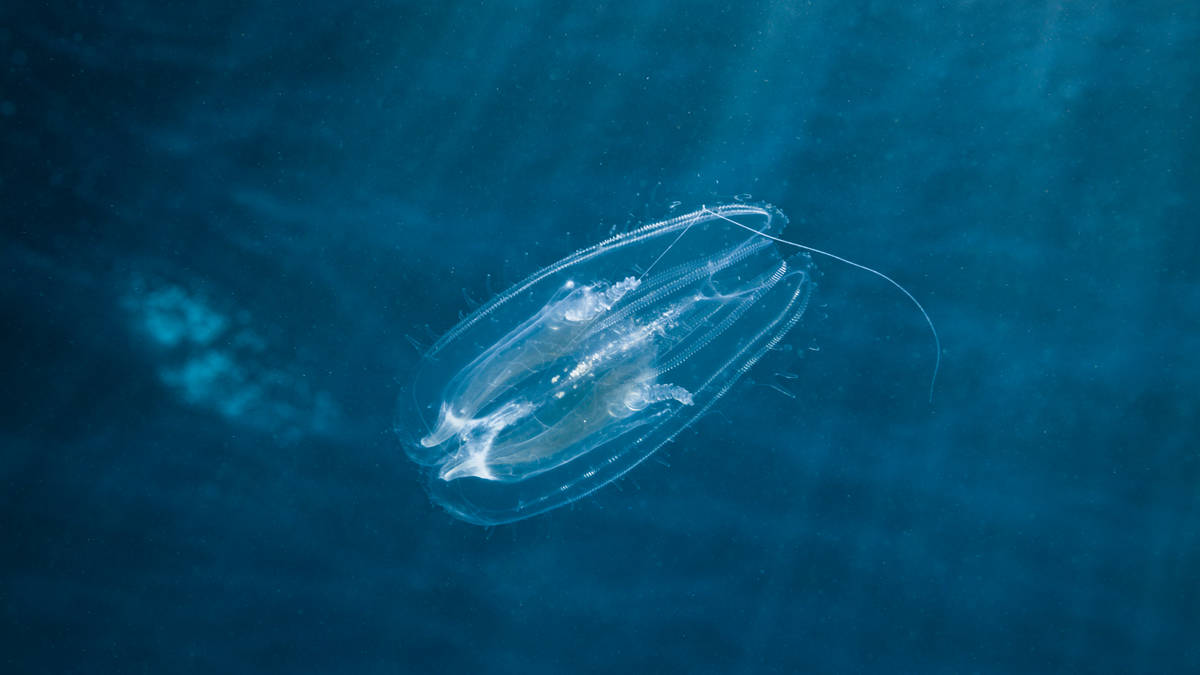Hello fellow cephalopods! This might sound crazy, but I reckon there will be a new Super Smash Bros game on the Switch 2 at some point. And since Splatoon is pretty popular, it's pretty reasonable to expect the series will get some more representation.
The obvious thing is to have a playable Octoling. The easiest way to do that would be to make Octoling an echo fighter of Inkling, but that's boring, so I decided to come up with a whole new moveset for Octoling. And since Inkling's moves all come from S1, I decided to restrict Octoling's to representing S2 and S3.
Costumes
Four of Octoling's costumes are the black suit they wear in Octo Expansion and the white suit they wear in Side Order. Their other costumes are made of clothes introduced in S2 and S3.
Stats
Octoling has the same stats as Inkling, uses the same ink mechanic, and like Inkling (and Sonic), drowns quickly.
Normal moves
A: Slash with splatana. This puts a little but of ink on the enemy. Mash A to slash repeatedly.
Side+A: Lunge forwward with splatana. Puts a little bit of ink on the enemy.
Down+A: Swing splatana in a short radius around Octoling's feet.
Up+A: Shoot stringer bolts overhead. They fly faster and do more damage the longer A is held down. Can be used to juggle.
Smash+A: Charge up a powerful splatana slash that sends a wave of ink forward ahead of Octoling. Any enemies that get hit by the splatana are covered in ink, coverage increasing with longer charge.
Aerial moves
A: Fire three stringer bolts in the direction Octoling is facing. One goes straight ahead, one goes a bit higher, one goes a bit lower.
Side+A: Like neutral A, but the bolts stay together. More damage, but narrower range.
Down+A: Lunge splatana-first towards the ground. (Basically the same as Links' down+A)
Up+A: Fire three stringer bolts overhead, one straight up, two at 45° either side. They are affected by gracity and will eventually fall to the ground if they don't fly off screen.
Special moves
B: Fire brella. If B is held down for a jiffy, a brella shield deploys. If it is held for two jiffies, they shield will detach and move forward, covering the ground in ink.
Side+B: Fire dualies. Fast rate of fire and moderate damage, continuous fire.
Smash+B: Side roll into firing dualies from a fixed position. This attack shoots faster, does more damage, and covers enemies in more ink, but Octoling can't move while doing it.
Down+B: Lay an ink mine. If an enemy walks on the space where the mine is placed, it will explode, covering them in ink.
Up+B: Inkjet. Octoling gains a jetpack which gives only a small height boost but allows them to cover significant horizontal distance. Ground directly underneath the ink jets gets inked.
Shield+B: Replenish ink.
Final smash: Octoling charges a booyah bomb which hits all enemies in its radius hard, and any who survive are covered in ink. While it's charging, Octoling and their teammates can increase its power and radius by taunting.
Grappling
Octoling has the same grapple moves as Inkling (look I don't really grapple OK).
Stage
Octoling's home stage is Bonerattle Arena. Over the course of a match, the water level rises and falls, changing the layout. Boss Salmonids occasionally appear as stage hazards.
- Maws: Moves along under the floor and bites whoever steps on it. If it eats an explosive, it explodes, yielding food.
- Scrapper: Charges across the arena, pushing players towards the edge.
- Slammin' lid: Hovers over the ground. If someone goes directly underneath it, it slams down after a jiffy.
Assist trophies
- Off the Hook: Pearl and Marina appear in the background and perform a song, during which they fire multicoloured lasers at the battlefield. These lasers damage and stun anybody they hit, similar to Master Hand's lasers.
- Glowflies: A random enemy gets a cloud of glowflies, and after a jiffy, a stampede of lesser salmonids chases after them for a few seconds. The glowfly aura can be transferred to another player by hitting them with a melée attack.


What did/does he do?